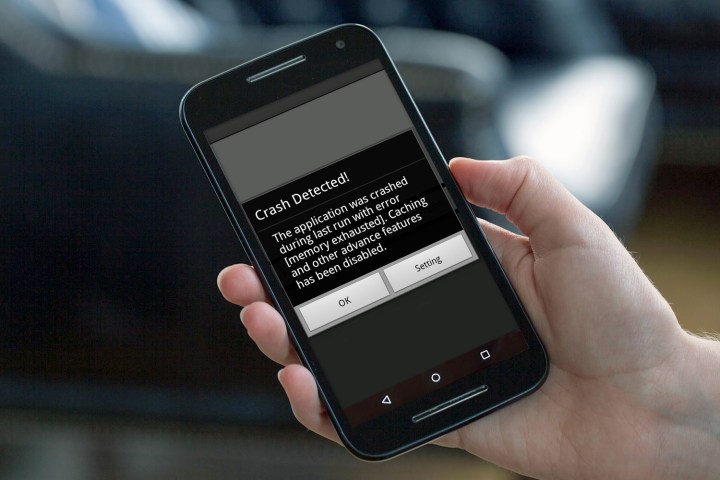
Announced as part of Google’s annual report on the state of Android security, Google said it was taking Potential Harmful Apps (PHAs) very seriously. So seriously in fact that throughout 2015, only 0.15 percent of all Android hardware was found to have some form of malware installed on it.
However, this can only be said for those who limited themselves to installing applications from Google’s own Play Store. If you are a little more lax with where your apps come from, you have a higher chance of contracting a nasty bit of software.
In cases where third-party stores were used, Google found 0.5 percent of devices were infected with some form of malware last year.
Related: New Malware, Accessibility Clickjacking, affects 65% of Android devices
These numbers aren’t much changed from 2014’s, which suggests Google is still doing a good job. As the number of smartphones around the world increases, especially in less technologically developed nations, maintaining a low malware install base is important.
And Google isn’t stopping with these measures. As The Verge explains, Google’s report also highlights that over the past year it has implemented tighter app permissions in order to allow better user control, as well as full disk encryption for most phones running Android 6.0 Marshmallow. And Google even offers bounties for those who discover fatal flaws in the
While it will always be an ongoing battle to prevent nefarious individuals from taking away the privacy and property of smartphone users around the world, it seems Google remains vigilant in keeping as on top of it as it can.
Are there any security features you would like to see Google implement in the future?
Editors' Recommendations
- Every Android tablet we’re expecting in 2024
- Android 15 release date: When will my phone get the update?
- Google just released the first Android 15 beta. Here’s what’s new
- This Google Pixel 8a leak just spoiled everything about the phone
- When is my phone getting Android 14? Here’s everything we know



